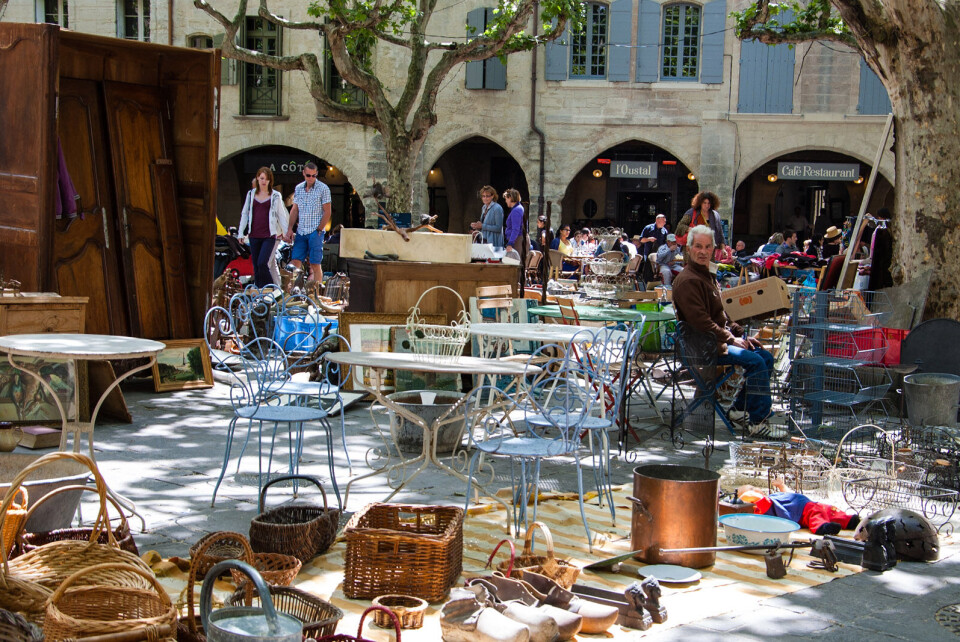-
Brexit cards: what are the rules around passport renewal and residency cards in France?
It is highly recommended that Britons in France retain a valid UK passport
-
France Identité app to be extended to all residency card holders
The system is only available for French citizens, but plans are in place to extend the service to everyone with a card
-
How can I find an English-speaking lawyer in France?
France is divided into over 160 bars, many of which provide information about English-speaking lawyers
Brocante vendors in France limited to just two events a year
As brocantes and vide-greniers start to animate towns and villages again, warnings have been issued that individuals can sell at only two events per year

Under a 2016 change to the Code de commerce designed to protect professionals and clamp down on the sale of stolen goods, organisers of brocantes and vide-greniers are meant to obtain attestations from sellers saying they will not exceed this limit.
The attestations have to be made available to police or gendarmes at the brocante if they ask for them, and are then meant to be sent to the prefecture.
False declarations run the risk of €30,000 fines and a six-month prison sentence for illegal trading.
Sales from brocantes do not have to be included in tax declarations – unless they concern gold or silver, or items worth more than €5,000.
At the same time that an annual limit on brocante events was set, Code de commerce rules were also tightened for clearance sales held in places which are not usually considered shops, or sales from vans or lorries.
The rules limit the sales to two months in one location or in a regular tour, and require permission from the mairie.
Exceptions are made for fruit and vegetables sold from stands at times when there is a surplus, and for the vans of local butchers, bakers and grocers making regular tours of rural areas.
Related stories
Make sense of... French vide greniers
























